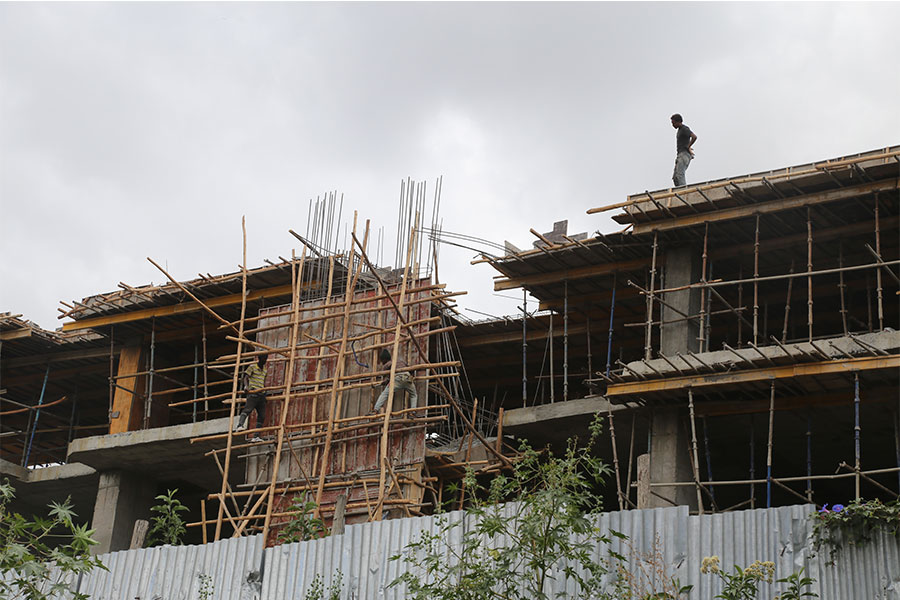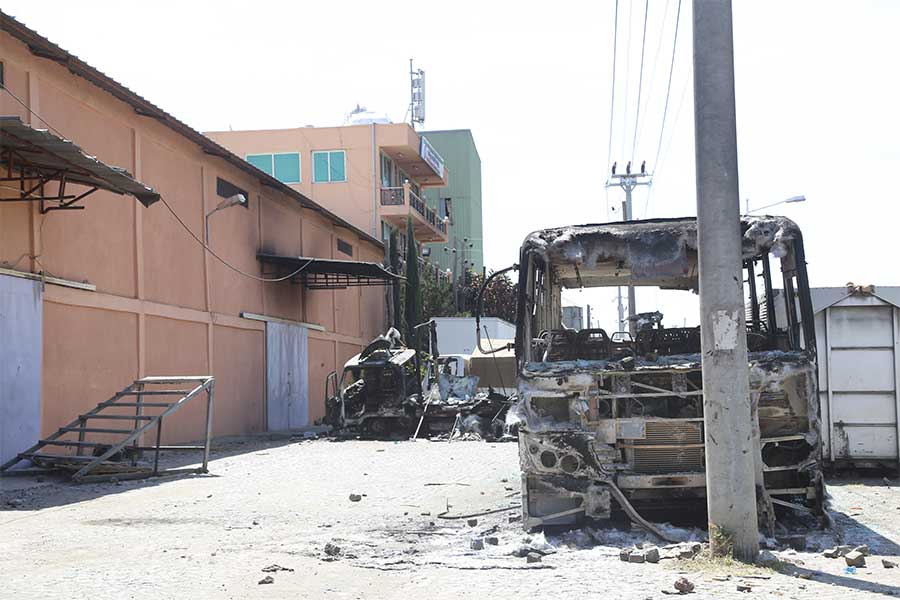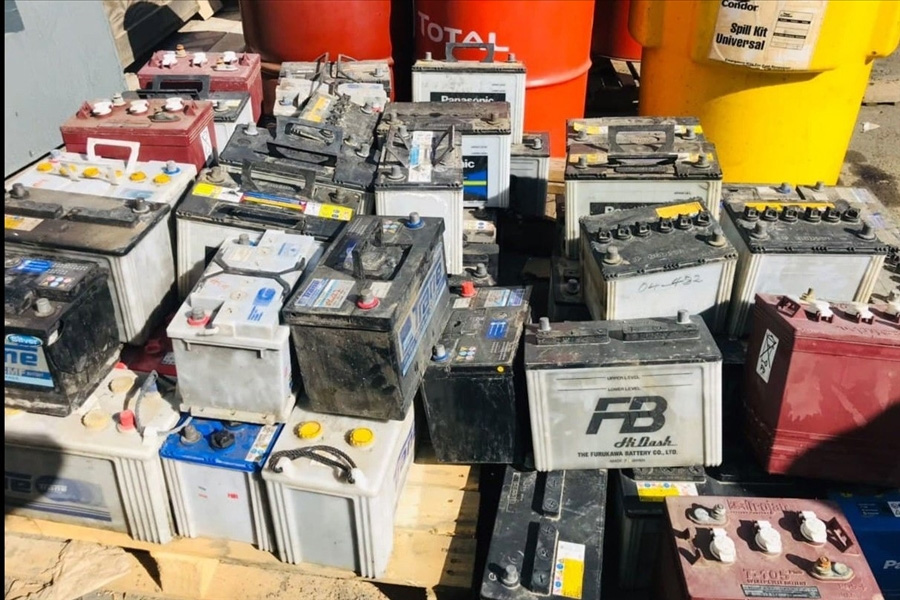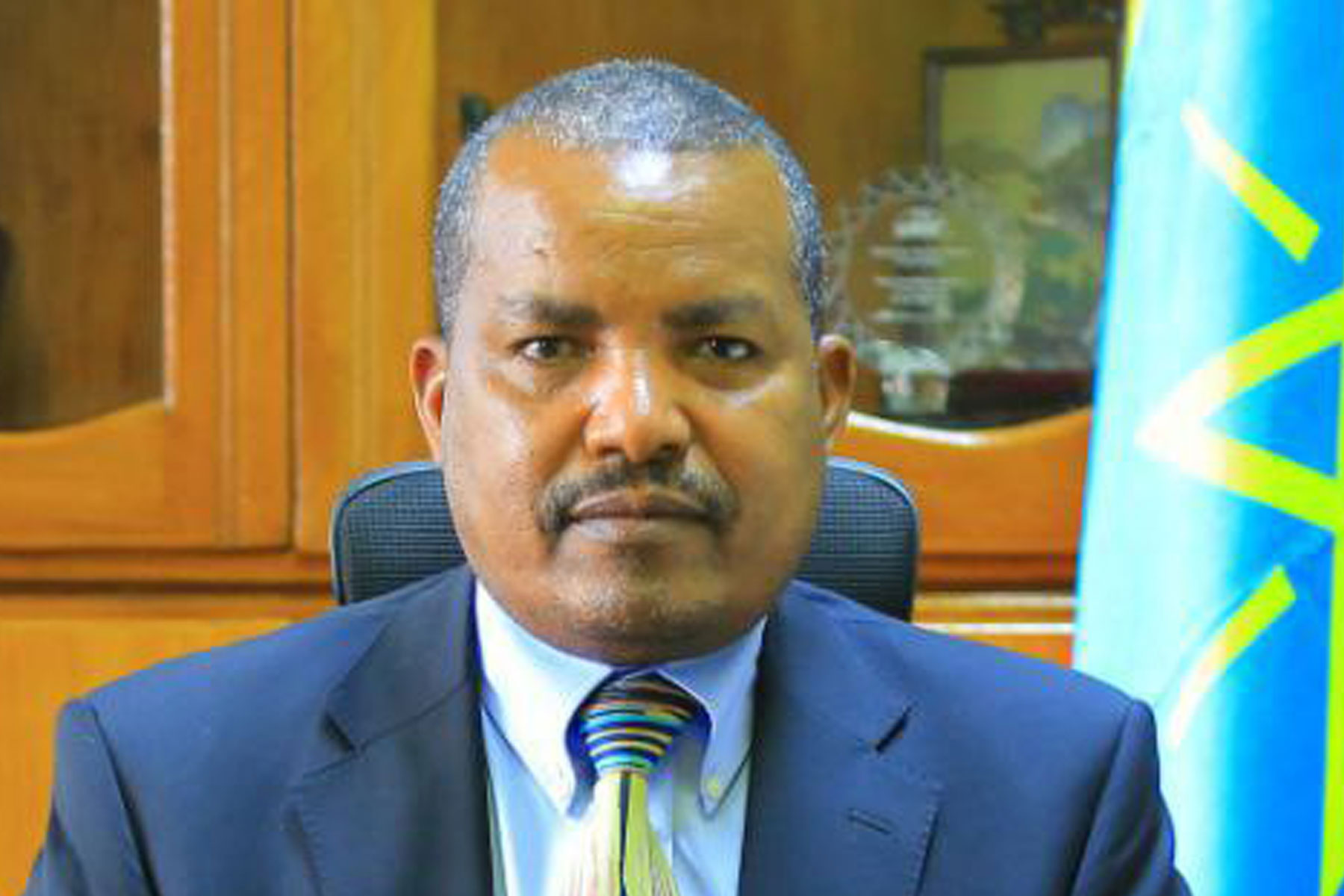
Fortune News | Jun 26,2021
Nov 7 , 2020
By HAGOS GEBREAMLAK ( FORTUNE STAFF WRITER )
The Ethiopian Energy Authority has drafted a directive to govern off-grid electricity generation and distribution systems. The directive also enables the Authority to issue licenses for private or public developers of power plants that generate power below 10MW.
The draft directive, which was sent to the Office of the Attorney General for legal review a few weeks ago, outlines procedures for mini-grid licensing and tariff regulations. It sets standards for the design, construction, operation, maintenance and quality of commercial service and technical services.
With the new directive, the Authority can issue two types of licenses — one for generation and one for distribution and sales. The former permits companies to develop power plants and sell the generated electricity with a tariff set by the Authority or power purchase agreements pre-determined by the Authority. Distribution and sales licenses enable the licensee to purchase electricity in bulk and distribute it within a designated area.
The licenses will be further categorised into mini-grid license classes labelled as class one, two and three. Class one developers are required to operate an installed capacity per site of 50kW or below and dictate that developers negotiate tariffs and other charges and sign a contractual agreement with the community. Class two developers will be those having an installed capacity of more than 50kW but less than or equal to 200kW a site. The third class will be assigned to developers operating projects with an installed capacity above 200kW but less than or equal to 10MW.
The Authority will also grant a unitary generation, distribution and sale license to consolidated licensees under a single licensing process, which will enable a developer to engage in all three areas of operation. Interested developers will be required to secure a separate license for each market activity, according to the directive.
Every year, licensees are expected to submit to the Authority either an audited financial report or an unaudited financial statement. They will also need to present yearly statistics about the number and categories of their customers, total energy generated, total energy sales, and detailed periodic reports. The directive has provisions that require developers to provide customers with quality power supply in terms of frequency, voltage and reliability.
Project developers, who want to operate in a given area, will first have to persuade the community living there that it will benefit from the mini-grid electrification system, according to the draft directive.
The law states tariffs should be cost-reflective and consider the community’s financial capacity and the operator’s financial viability. Mini-grid tariffs are used for four years once set but will undergo review when the allotted period is up.
Currently, the country generates 4,064MW of power from hydro, 324MW from wind and 25MW from a waste-to-energy plant.
Sun Transfer Tech Plc, which is engaged in mini-grid equipment import and installation, is one of the companies that is attracted to invest in the mini power generation business.
"We're planning to switch to solar farm development," said Yonas Worku, general manager at the firm.
The long-term plan of Green Scene Energy Plc is also generating and distributing power to remote rural areas, according to Mikias Berihun, sales & technical manager of the company. The firm was established in 2016 and has been importing and installing solar power solutions, including the 40kW outlay at Gode Airport.
Both Yonas and Mikias mention the foreign currency crunch as a challenge to engage in mini-grid electrification.
The off-grid sector is new for Ethiopia as well as many other countries, according to Hilawe Lakew, an energy expert at Ethio Resource Group, an energy consulting firm. The expert, who has over 25 years of experience in the sector, added that he appreciates the initiative taken by the Authority.
"The engagement of private and public developers in the sub-sector will improve the quality and accessibility of electric supply to rural areas," he said.
The mini-grid system will be a remedy to the problems within the national grid electrification sector, according to Hilawe, who explains there is considerable power wasted due to damage to transmission cables and towers.
The systems are also economically viable, according to the expert, who clarifies that they do not need sophisticated technology to develop. But he believes that the necessary technology and equipment for such projects need to be imported, and this will be a challenge for the time being as the tariffs will be proportionally higher.
“The system is feasible for development in urban centres, not only in rural areas,” remarked Hilawe, adding that since there are not many past experiences to be learned from, the off-grid electrification sector may face slight impediments in the development and implementation of techniques, regulations and business models.
PUBLISHED ON
Nov 07,2020 [ VOL
21 , NO
1071]

Fortune News | Jun 26,2021

Fortune News | Apr 26,2019

Fortune News | Apr 22,2022

News Analysis | Jan 05,2020

Fortune News | Dec 15,2024

Commentaries | Aug 08,2020

News Analysis | Dec 04,2021

Fortune News | Jun 05,2021

Fortune News | Jun 14,2020

Radar | Apr 15,2024

Dec 22 , 2024 . By TIZITA SHEWAFERAW
Charged with transforming colossal state-owned enterprises into modern and competitiv...

Aug 18 , 2024 . By AKSAH ITALO
Although predictable Yonas Zerihun's job in the ride-hailing service is not immune to...

Jul 28 , 2024 . By TIZITA SHEWAFERAW
Unhabitual, perhaps too many, Samuel Gebreyohannes, 38, used to occasionally enjoy a couple of beers at breakfast. However, he recently swit...

Jul 13 , 2024 . By AKSAH ITALO
Investors who rely on tractors, trucks, and field vehicles for commuting, transporting commodities, and f...

Oct 25 , 2025
The regulatory machinery is on overdrive. In only two years, no fewer than 35 new pro...

Oct 18 , 2025
The political establishment, notably the ruling party and its top brass, has become p...

Oct 11 , 2025
Ladislas Farago, a roving Associated Press (AP) correspondent, arrived in Ethiopia in...

Oct 4 , 2025
Eyob Tekalegn (PhD) had been in the Governor's chair for only weeks when, on Septembe...